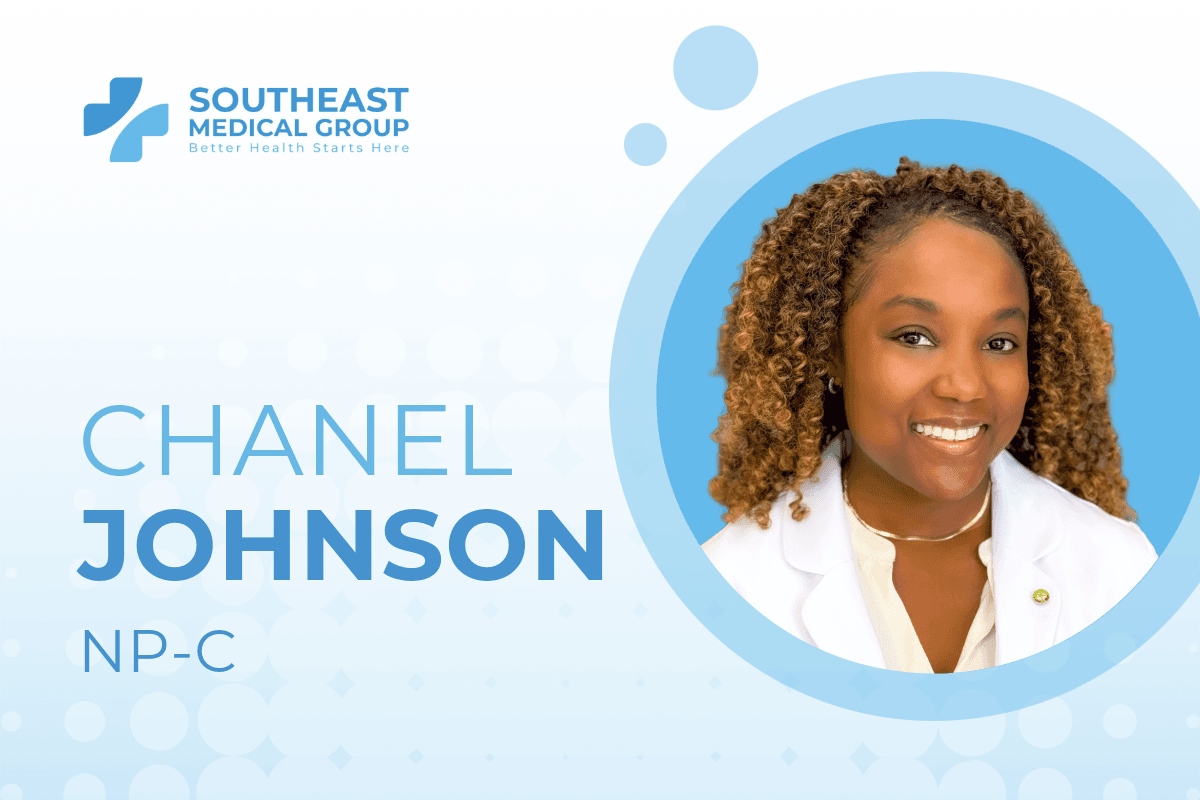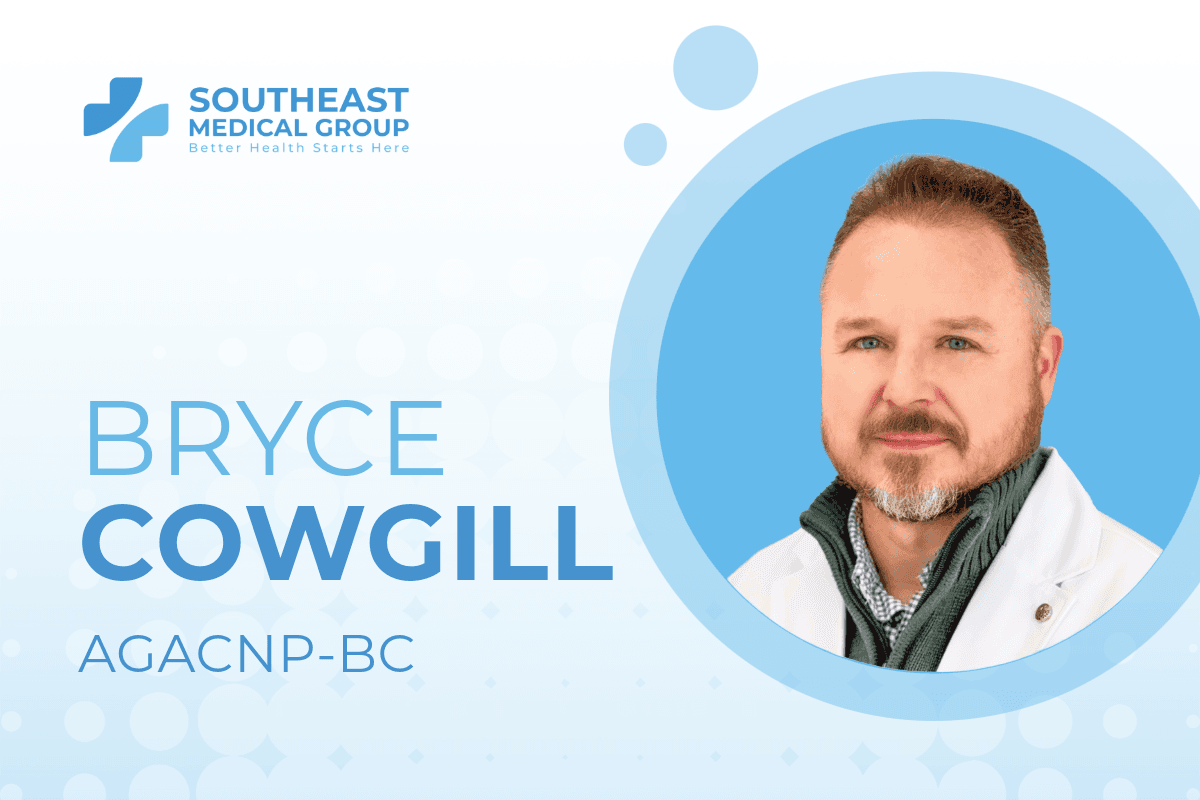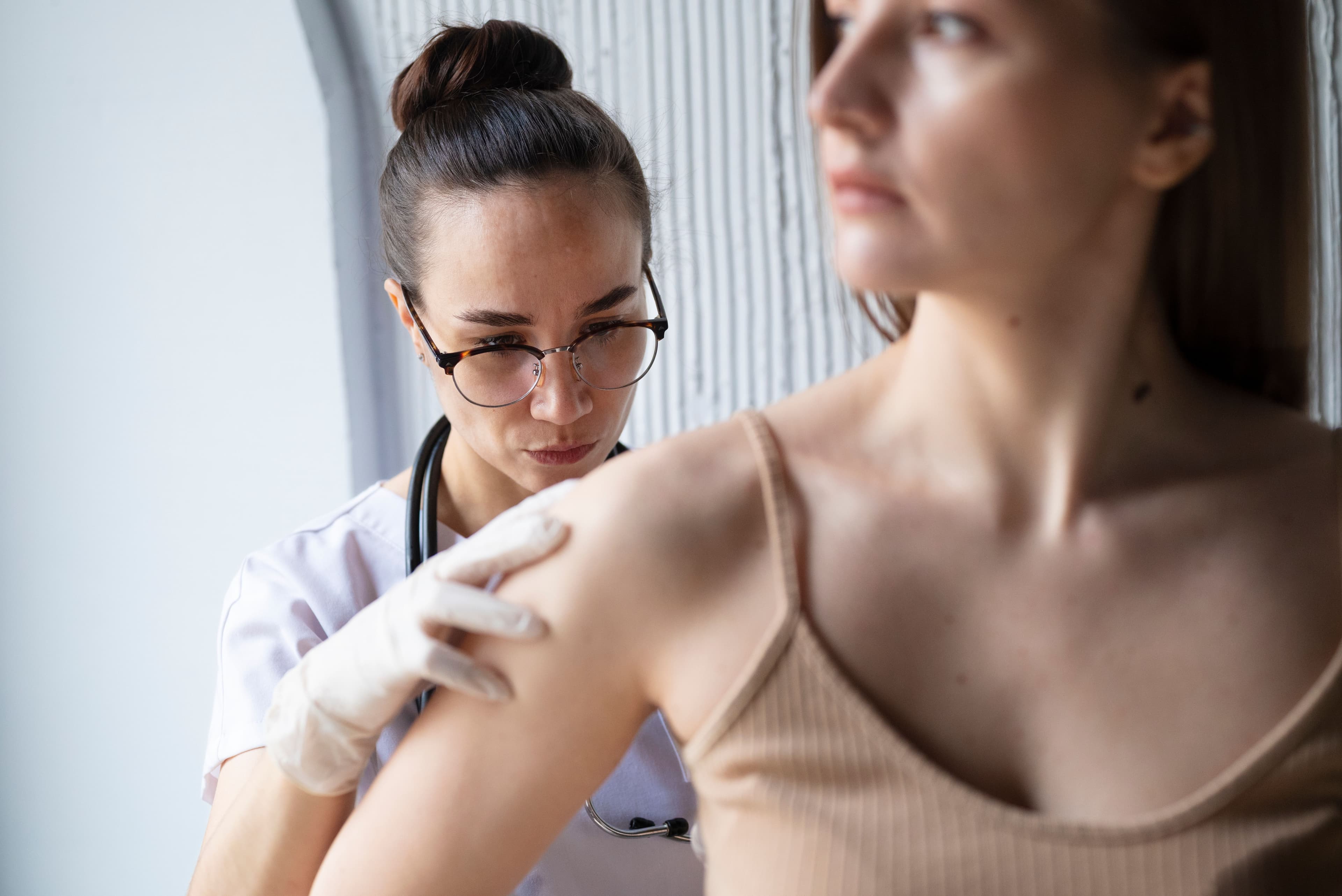Women's Health: A Guide to Preventative Care and Screenings

Throughout a woman's life, her health needs and priorities evolve. Preventive care plays a vital role in maintaining optimal health, detecting potential issues early on, and promoting well-being at every stage. This guide explores the importance of preventive care for women and provides a roadmap for recommended screenings and check-ups.
Why Preventive Care Matters for Women:
Preventive healthcare goes beyond simply reacting to illness. It's a proactive approach that emphasizes early detection, risk reduction, and lifestyle modifications to prevent health problems in the future. Here's why preventive care is crucial for women:
- Early Detection Saves Lives: Many diseases, such as breast cancer and cervical cancer, have better prognoses when detected early. Regular screenings and check-ups can identify concerning signs before symptoms arise, allowing for timely intervention and improved treatment outcomes.
- Proactive Management of Chronic Conditions: Preventive care helps identify and manage chronic conditions like diabetes or high blood pressure early on. This can prevent complications and improve overall well-being.
- Optimizing Overall Health: Preventive care encompasses healthy lifestyle recommendations, including a balanced diet, regular exercise, and stress management techniques. These strategies contribute to a healthier lifestyle and improved quality of life.
- Peace of Mind: Regular check-ups and screenings can provide peace of mind and a sense of control over your health.

A Tailored Approach to Preventive Care:
A woman's preventive healthcare needs change throughout her life. Here's a general overview of recommended screenings and check-ups based on age group:
- Adolescence (13-18 Years): Regular check-ups with a doctor or pediatrician are essential. This is a time to establish a healthcare routine, discuss healthy habits like nutrition and exercise, and address any concerns about puberty, menstruation, or sexual health. Vaccinations like HPV (human papillomavirus) are recommended at this age.
- Young Adulthood (19-39 Years): Continue regular check-ups with your doctor. Cervical cancer screening (Pap smears) typically begin at age 21. Depending on your risk factors, your doctor might recommend additional screenings such as mammograms or sexually transmitted infection (STI) testing.
- Adulthood (40-64 Years): Mammograms become a routine screening for breast cancer. Continue regular Pap smears and consider discussions about bone health screenings depending on your individual risk factors.
- Maturity (65 Years and Older): Regular check-ups remain crucial. Discussions about screenings for colorectal cancer and bone density might be warranted. Vaccinations like shingles may also be recommended.
It's important to note that this is a general guideline. The specific recommendations for you will depend on your individual health history, risk factors, and family medical history. Always consult your doctor to determine the most appropriate preventive care plan for you.

FAQs: Women's Health
- What if I don't have a primary care physician? Finding a PCP is an important first step towards taking charge of your health. Talk to your insurance provider for recommendations or ask friends or family for referrals.
- How often should I schedule check-ups with my PCP? This can vary depending on your age, health status, and individual needs. A good starting point is to schedule an annual check-up. Your doctor can advise on the appropriate frequency for follow-up visits.
- What can I expect during a well-woman exam? A well-woman exam typically includes a physical examination, a review of your medical history, a discussion about your overall health and lifestyle habits, and an opportunity to ask questions and address any concerns you may have. Depending on your age and risk factors, your doctor might recommend specific screenings or vaccinations during a well-woman exam.
- Can preventive care help reduce healthcare costs? Absolutely! Early detection and intervention can prevent the development of more serious health problems down the road, potentially saving money on future medical expenses.
Taking Charge of Your Health
Preventive healthcare empowers you to take an active role in your well-being. By prioritizing preventive care, regular check-ups, and recommended screenings, you're investing in a healthier future. Don't hesitate to discuss any questions or concerns with your doctor. Remember, knowledge is power, and open communication is key to optimal health throughout your life.


